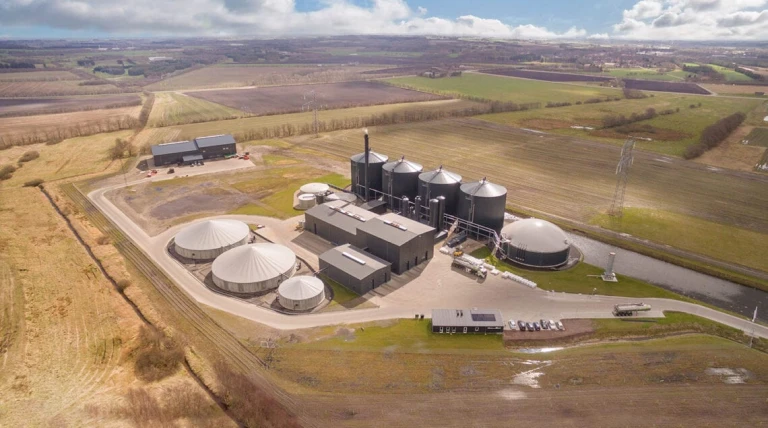The Indian Biogas Association is advocating for a substantial investment of ₹30,000 crore aimed at acquiring machinery and equipment necessary for biomass supply to compressed biogas (CBG) plants. The association emphasizes that this investment could potentially lead to a significant reduction of 12 million metric tonnes annually in liquefied natural gas (LNG) imports.
Gaurav Kedia, Chairman of the Indian Biogas Association, highlighted the importance of utilizing agricultural residues such as paddy straw for both bioenergy production and soil enrichment. He emphasized the dual benefits of this approach, providing renewable energy sources while enhancing soil health.
However, Kedia pointed out several obstacles hindering procurement efforts, including unattractive economics that incentivize farmers to burn straw rather than sell it promptly. He noted the challenges associated with the low density of straw, which increases costs related to collection, storage, and transportation. Kedia stressed the necessity of government intervention to incentivize the adoption of necessary equipment, such as subsidizing combine harvesters capable of efficiently gathering straw.
In addition to recommending subsidies for equipment procurement, Kedia suggested releasing operational guidelines for crop residue management, establishing custom hiring centers, creating a supply chain for crop residue/paddy straw, and promoting awareness on crop residue management.
According to the Administrative Staff College of India’s assessment, India generates a substantial amount of surplus agricultural residue, most of which is burnt due to the lack of proper collection equipment and motivation among farmers. Kedia proposed prioritizing states with the largest share in biomass generation for investment, such as Punjab, Uttar Pradesh, Gujarat, Maharashtra, Madhya Pradesh, and Andhra Pradesh.
The estimated investment of over ₹30,000 crore would address the biomass issue in these states, ensuring a steady substrate supply for CBG plants and attracting further investment totaling ₹170,000 crore. This investment is expected to significantly contribute to the economy and help the government achieve its green energy goals by saving nearly 12 million metric tonnes annually of LNG imports.
Kedia also noted that while the Union Budget of 2024 made progress toward renewable energy, significant obstacles remain, requiring long-term financing options and additional incentives to bridge the investment gap for major renewable energy projects.
The Market Development Assistance scheme has been instrumental in promoting Fermented Organic Manure (FOM) produced from biogas plants, with the government providing support of ₹1.5 per kg of FOM under the scheme.
During the Interim Budget presentation, Finance Minister Nirmala Sitharaman announced financial assistance to support the upstream and downstream sides of the biomass supply chain for CBG, as well as phased mandatory blending of CBG with natural gas for vehicles and domestic supplies. These initiatives aim to support the transition towards energy security and environmental sustainability, aligning with the goals of the Panchamrit initiative to increase non-fossil fuel capacity, reduce carbon emissions, and achieve net-zero emissions by 2070.
News by Rahul Yelligetti
![{[setting('site_name')]}](https://projxnews.com/uploads/setting/16983847711140531930.webp)












